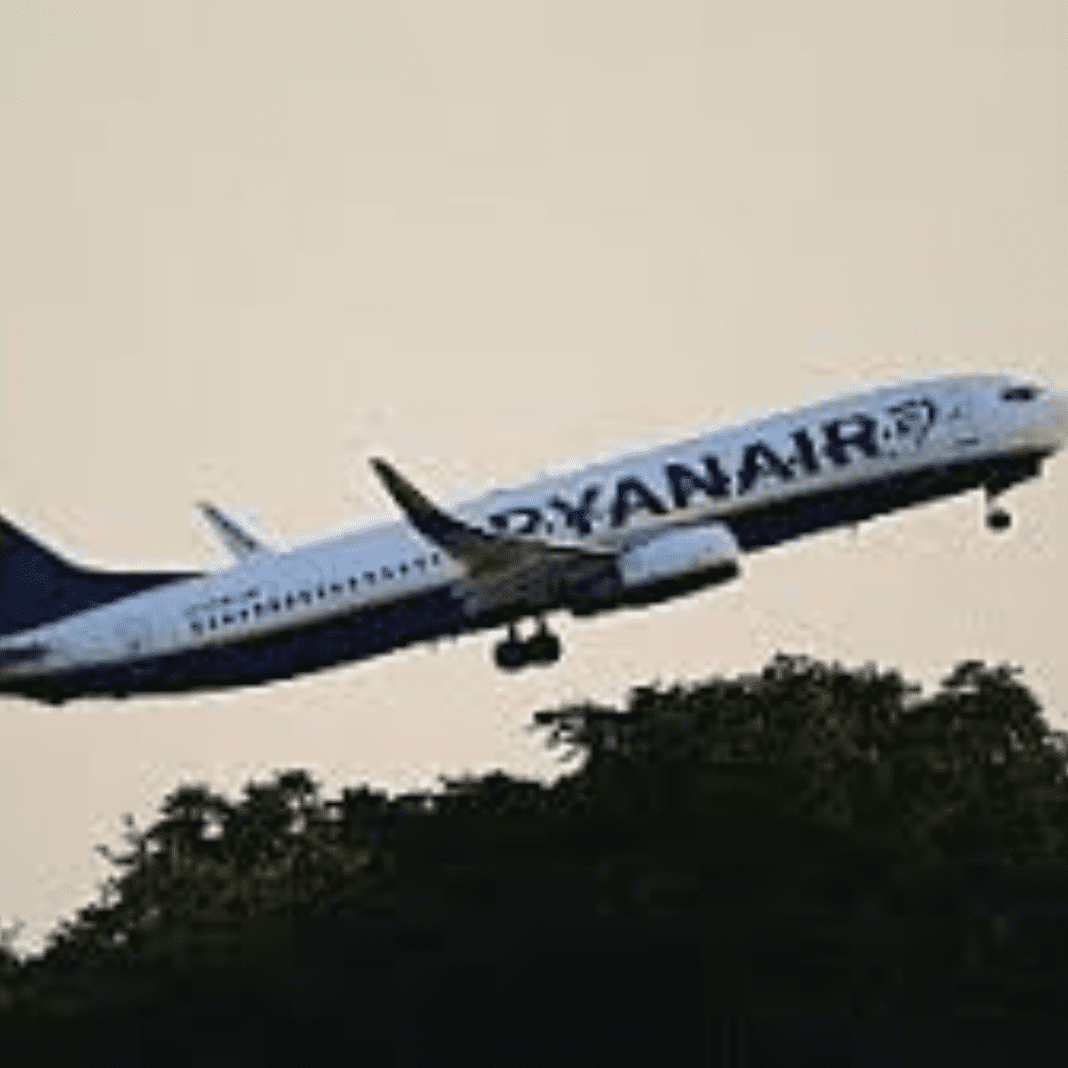A new rule by the European Union now requires airlines to report about the environmental impact of their vapor trails starting in 2027. Legislation agreed to on August 30 was put in place to better understand the effects aircraft contrails have on the climate. It has generated a lot of controversy, mostly among US airlines.
New Reporting Requirements
The new EU rule requires airlines flying out of European airports to submit to the European Commission detailed reports. It shows the need to fully address CO2 and other harmful aircraft emissions to meet the challenge effectively. These would help give a better view of the non-CO2 aircraft emissions and their contributions to global warming.
Due to this legislation, the airline industry has been actively lobbying against it. The major opposing argument presented is that as of now there is no concrete research regarding the harmful effects of contrails. Despite this issue, the European Commission is of the view that these reports are an essential requirement. They say that uncertainties exist in its impact, but uncertainties of its impact cannot be a justification for refraining from action.
Contrails lack CO2 but contain nitrogen oxides and black carbon, which increase cloud cover and intensify global warming. Contrails might warm the planet as much as, or more than, aviation CO2, which makes up about 2% of global emissions.
Criticism and Future Developments
To many, the new rules had been a victory to climate activists. Yet, they have received criticism from a number of quarters. This implementation will initially cover the airlines operating within the EU, Iceland, Norway, and Switzerland only. Non-regional flights by carriers, including those from the U.S., would not be covered until 2027.
Turkish Ship Owner Plead Guilty to Environmental Crimes, Fined $2 Million in New Orleans
Krisztina Hencz of the Brussels-based group Transport & Environment criticized the EU for playing favorites to the longhaul carriers. “Those carriers actively worked to undermine research and action on non-CO2 emissions, and are now being rewarded for it,” she said. “The purpose of the rule-understanding what happens with non-CO2 emissions-is defeated,” Hencz said.
U.S. Airlines’ Response
The bill has faced fierce opposition on the part of U.S. airlines. Airlines for America met EU representatives in May, arguing the rules unfairly penalize U.S. airlines and vowing to oppose them.
The International Air Transport Association, a trade group representing global airlines, also supported the U.S. carriers. Industry opposition to the EU’s proposal is by no means united. EasyJet, Ryanair, and Wizz Air urged the EU to resist lobbying and apply new rules to both short and long-haul flights.
Looking Ahead
The new EU requirement marks an important turn on aviation emissions regulation. It shows the need to fully address CO2 and other harmful substances from aircraft to effectively meet the challenge. The ramifications of this regulation upon global aviation shall take shape in the coming years as airlines adapt to the new requirements.
The debate over these rules will likely only grow hotter as 2027 approaches. The airline industry and environmental groups will probably both continue to push for their respective interests. Success with the EU approach could set a precedent for how other regions address aviation’s environmental impacts.
Overall, the EU’s vapor trails reporting highlights pressure on aviation to address its environmental impact, affecting global policy. It is over the course of the coming years that the world will see how this new regulation shapes the future of flying and climate action.





